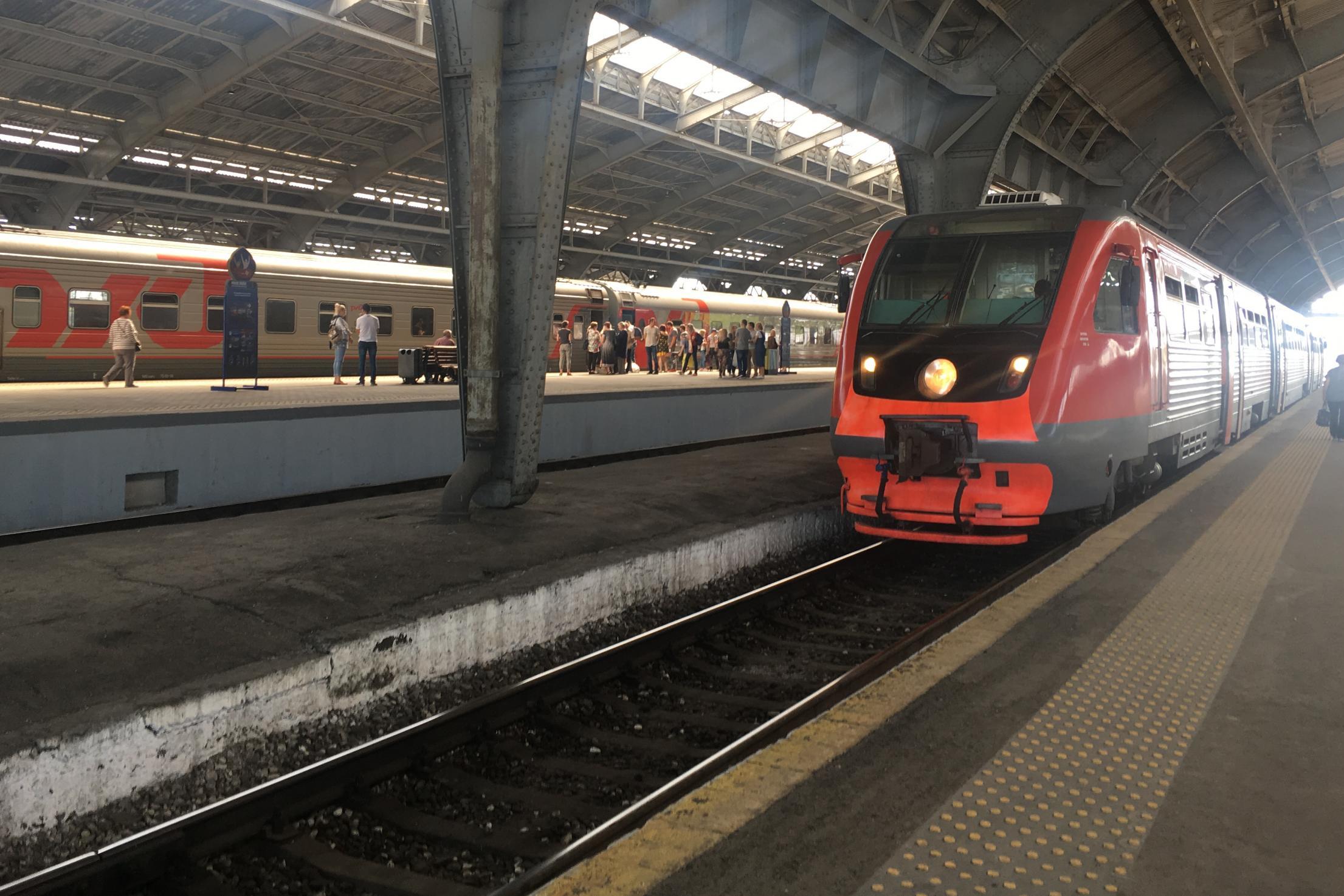Coronavirus ‘corridor trains’ running nonstop to avoid international infection
Many rail services in Europe cut through foreign countries

Your support helps us to tell the story
From reproductive rights to climate change to Big Tech, The Independent is on the ground when the story is developing. Whether it's investigating the financials of Elon Musk's pro-Trump PAC or producing our latest documentary, 'The A Word', which shines a light on the American women fighting for reproductive rights, we know how important it is to parse out the facts from the messaging.
At such a critical moment in US history, we need reporters on the ground. Your donation allows us to keep sending journalists to speak to both sides of the story.
The Independent is trusted by Americans across the entire political spectrum. And unlike many other quality news outlets, we choose not to lock Americans out of our reporting and analysis with paywalls. We believe quality journalism should be available to everyone, paid for by those who can afford it.
Your support makes all the difference.While Europe reopens its frontiers, some trains have been running without stopping through foreign territory because of fears about infection.
The Russian exclave of Kaliningrad is connected by trains with St Petersburg and Moscow, which normally pass through the Baltic republic of Lithuania. Usually they stop in the capital, Vilnius.
But while Lithuania, along with its Baltic neighbours of Latvia and Estonia, has nearly eliminated Covid-19, in Russia new cases are still running at close to 7,000 per day.
As a result, the trains were required to run nonstop on a 14-hour journey through European Union territory.
They have now temporarily stopped altogether because Belarus, which they also passed through, has blocked the trains from its international lines.
Nicky Gardner, co-author of Europe by Rail: The Definitive Guide, said: “That non-stop run through Lithuania was a nice example, albeit only a temporary one, of what is often called a corridor train.
“That's when a passenger train gets privileged transits through a foreign territory, usually without any stops on the way.”
Europe has many such trains. Ms Gardner and her co-author Susanne Kries have identified another “Covid corridor” for a local train between two towns in the Czech region of Bohemia.
“For some weeks in order to maintain rail service between the two communities of Varnsdorf and Hradek-nad-Nisou, trains relied upon ‘corridor rights' through both Germany and Poland,” said Ms Gardner.
The 27-minute journey is now calling at four intermediate stations in Germany once more – including Zittau, perhaps the most geopolitically confusing station in Europe.
Ms Gardner said: “Trains from the German town of Zittau can head off in any one of four directions. And on all four routes, trains depend on permissive corridor transit rights.”
The line southeast to Liberec in the Czech Republic crosses Polish territory. The line north to Gorlitz in Germany dips in and out of Poland, twice.
The line northwest to Dresden cuts through Czech territory with no stops. The line west to Seifhennersdorf in Germany cuts through Czech territory, with intermediate stops along the way.
Other “corridor trains” remain in active service across Europe.
Every hour, “Railjets” from Vienna and Salzburg to Innsbruck and beyond cut through a 75-mile slice of German territory between Salzburg and Kufstein.
“It's a condition of the corridor that they run with no scheduled stop,” said Ms Gardner.
The Europe by Rail team also point out that the UK is the starting point for one of the oddest “corridor trains”.
The Eurostar train from London St Pancras to Amsterdam runs through the Channel Tunnel then nonstop through French territory to Brussels.
“Passengers boarding at St Pancras are required to satisfy French immigration regulations, even though they will dash through France without stopping,” explained Ms Gardner.
“Travellers from ‘third countries’ such which are neither in the EU nor in Schengen thus receive a French passport stamp. It is applied on British soil to the passport of a traveller who has no intention of even stopping in France.
“That, surely, is a bizarre oddity which makes the regular corridor train seem elegantly simple by comparison.”
Join our commenting forum
Join thought-provoking conversations, follow other Independent readers and see their replies
Comments